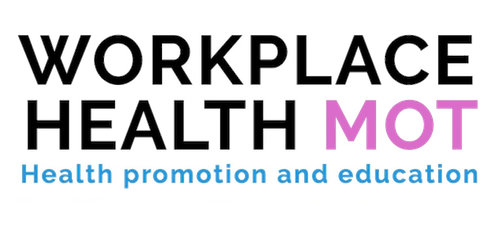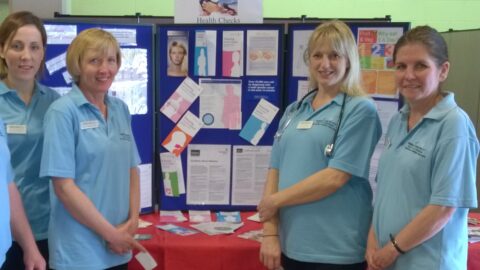
In the realm of employee well-being, the impact of health screening extends beyond routine ‘check-ups’ – workplace health screening emerges as a critical tool in the early diagnosis and support of Rare Diseases.
The recently released England Rare Diseases Action Plan 2022 by the UK Government sheds light on the gravity of the situation, citing an NHS study revealing that rare disease patients have cost the NHS in excess of £3.4 billion.
The role of health screening within the workplace
Rare diseases, though individually uncommon, collectively affect a significant portion of the population. The England Rare Diseases Action Plan acknowledges the need for a comprehensive strategy to address the unique challenges posed by these conditions. One pivotal aspect of this strategy involves early diagnosis, and this is where workplace health screening can play a transformative role.
Routine health screenings within the workplace, examining staff parameters such as weight, height, cholesterol levels, blood pressure, and assisting in smoking cessation, provide a holistic overview of employees’ well-being. Beyond the immediate benefits of promoting a healthier workforce, these screenings can contribute to the early identification of potential health concerns, including rare diseases.
Recognising the subtle signs…
Rare diseases often present with subtle symptoms, making them challenging to diagnose in the early stages. Health screenings allow for the detection of anomalies that may otherwise go unnoticed. By facilitating early diagnosis, workplace health screening becomes a proactive measure in supporting employees facing rare diseases, potentially mitigating the financial burden on both individuals and healthcare systems.
As we approach Rare Disease Day on 29th February 2024, it’s crucial to recognise the broader impact of health promotion initiatives. These efforts go beyond raising awareness; they have the potential to save lives. Workplace health screenings align with the objectives of Rare Disease Day by fostering an environment of early detection and intervention. By integrating these screenings into routine employee health programmes, employers not only invest in the well-being of their workforce but actively contribute to the broader healthcare landscape.
Workforce health resilience
The financial implications of rare diseases, as highlighted in the NHS study, underscore the urgency of proactive measures. Investing in workplace health screening becomes a strategic decision for employers, aligning with the principles of early intervention and support. Beyond the bottom line, it represents a commitment to the health and resilience of the workforce.
What health activities are right for your business?
Workplace health screening is not just a routine exercise; it is a powerful ally in the collective efforts to address the challenges posed by rare diseases. As employers, let us leverage this tool to create workplaces that prioritise early detection, support, and ultimately contribute to the well-being of our employees and the broader community.









